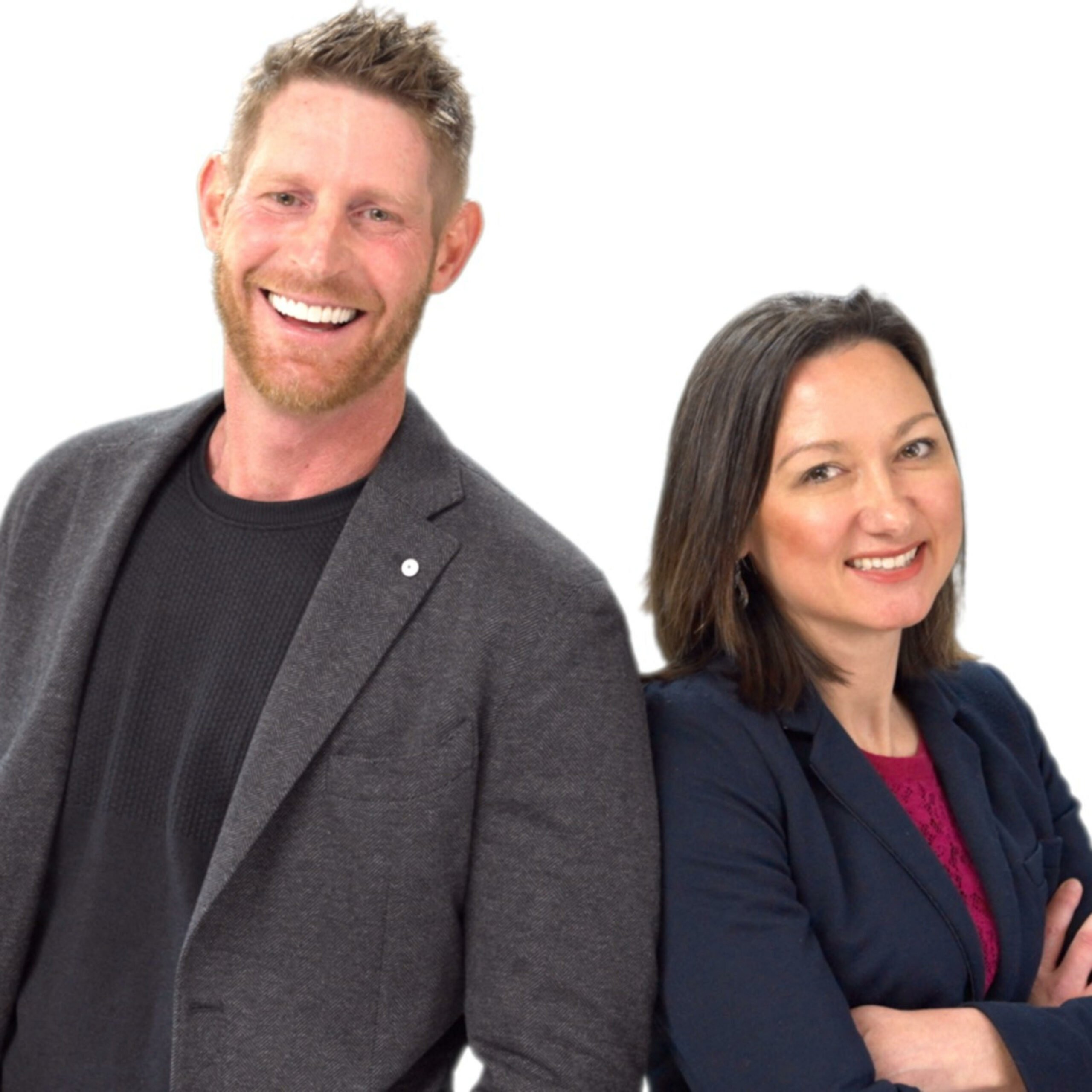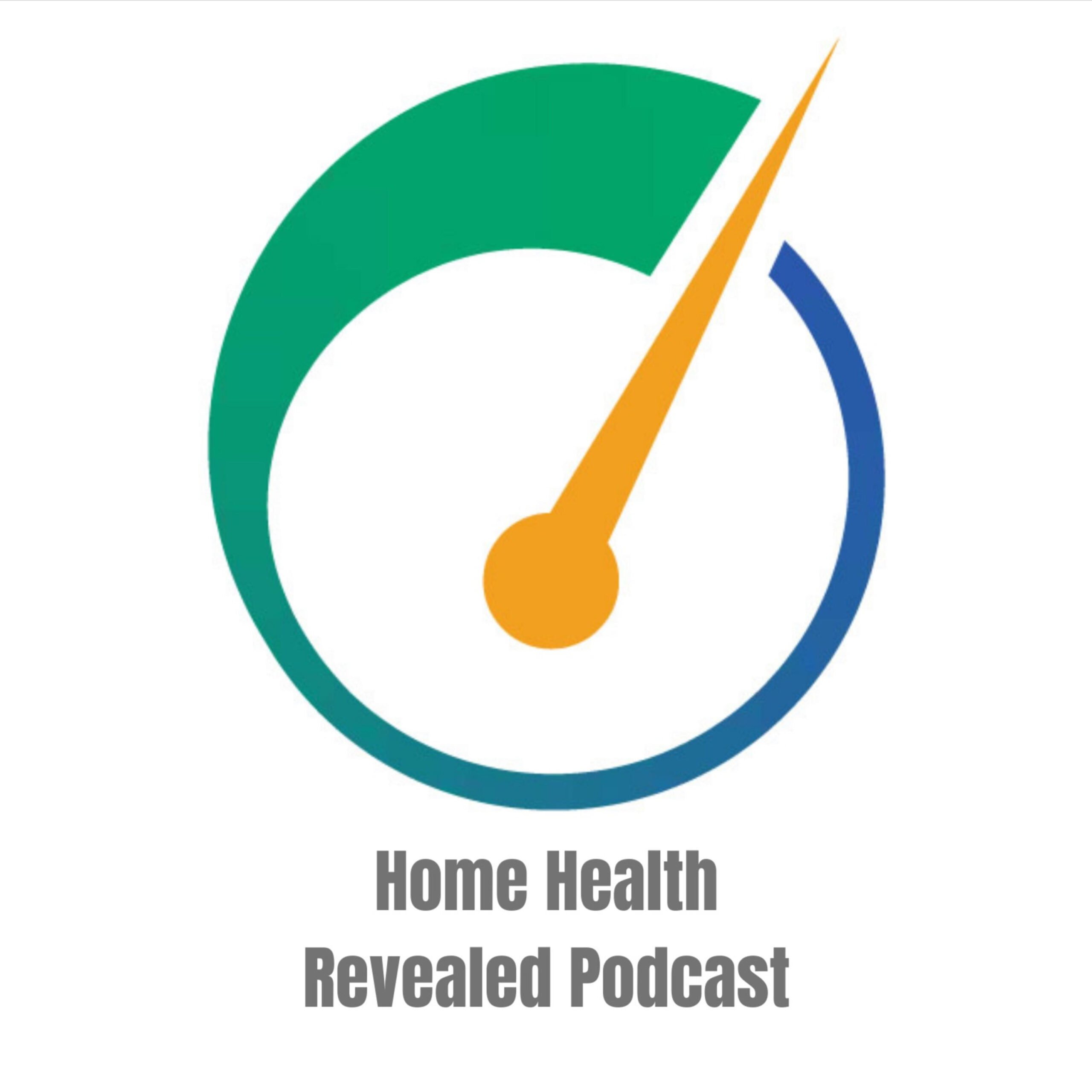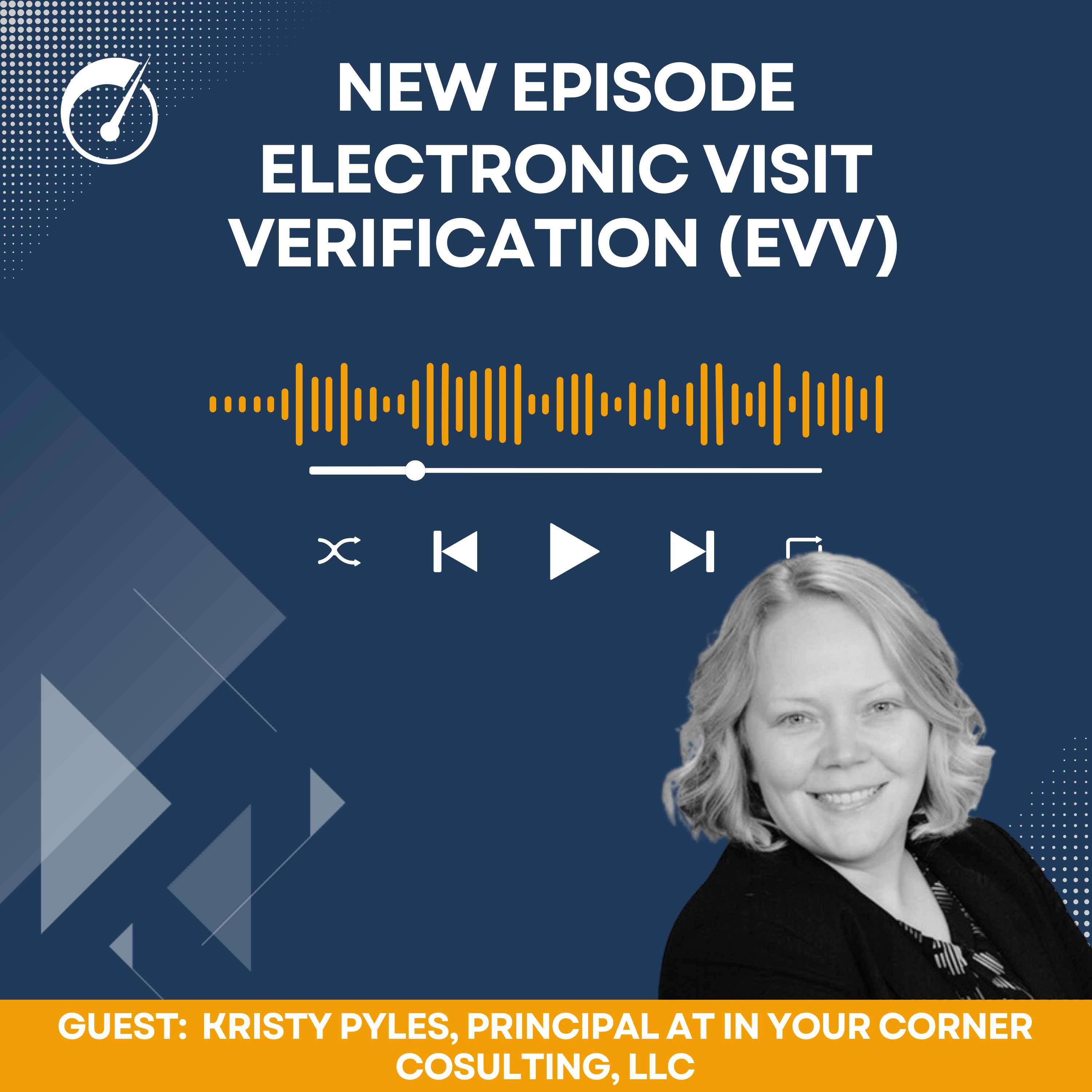Episode Transcript
[00:00:02] Speaker A: Welcome to Home Health Revealed, where we share real stories from industry leaders about home health, palliative and hospice care brought to you by Velocity. Grow your home health or hospice agency with the power of Velocity. Velocity's easy to read coding and revenue cycle dashboards let you grab your cup of coffee and quickly see the health of your organization.
Okay, here we are at the alliance in New Orleans, and I have Nicole here with me. Nicole, tell me about you, who you are and who you're with.
[00:00:30] Speaker B: I'm a home health and hospice nurse in the northwest corner of Nebraska. Chadron. Tiny little town, and we serve a small population, very rural, but we're with a critical access hospital, so.
[00:00:43] Speaker A: Okay. And you're here at the Alliance. Is this your first time in New Orleans?
[00:00:46] Speaker B: Yes.
[00:00:46] Speaker A: Is it mine, too? What have you done?
[00:00:48] Speaker B: We did a live music tour last night.
[00:00:51] Speaker A: You did? How was that?
[00:00:52] Speaker B: It was very. We got a lot of exposure to New Orleans. It was very fun.
[00:00:58] Speaker A: Are you here with your team?
[00:00:59] Speaker B: I'm here with my boss.
[00:01:00] Speaker A: Okay. All right. And you're walking around the expo floor, and I just snagged you up to ask you if I could ask you some questions. So we talk about home health, hospice, and palliative care, and I know you're hospice kind of focused.
Tell me kind of what your thoughts are with the direction hospice is going. Maybe with the implementation of hope or something that's like, top of mind for you right now.
[00:01:20] Speaker B: I think the HOPE has. It's been received pretty well because it's just focusing on what we're already doing, but kind of highlighting that and making sure that we are still doing the things we need to do. But I think in hospice, we always have that focus of doing what's right for the patient first and foremost, and taking care of their loved ones, too. So I think the hope just kind of highlights that a little bit more.
[00:01:43] Speaker A: Yes. I think a lot of people with regards to hospice, just in general conversation, I don't always feel like families know that hospice is there for them as well as the patient. But that's a very important piece of hospice because the care continues on past the passing of the patient.
[00:02:02] Speaker B: Absolutely.
[00:02:02] Speaker A: How do you guys educate? Maybe the family or when does that take place?
[00:02:07] Speaker B: I start that discussion when we're just doing a consult or referral or an informational meeting. And I just stress to the patient and the family that this care is not just for you, the patient, but it's for your loved ones, too. We're here to guide and support you along that journey of the Disease process and end of life journey. And we not only look out for you, the patient, but we, we care and support your loved ones too. So it's kind of, you know, a lot of times when people are resistant to coming on hospice, when they find out all the support and all that we can offer, not just for them, but for their family too, that's struggling because the grief process doesn't start at death. It starts well before that. So a lot of times that will actually get people to come on because of that.
[00:02:52] Speaker A: And I feel like hospice has some stigmas around it. Although I feel like we've come a long way with the conversation, I feel like we still have a little ways to go. Definitely that it's quote, unquote, giving up or taking away the negativity around hospice and what it is and talking about it as the ability to choose what you want your life, rest of life to look like, as well as how you want your loved ones taken care of. Even succession planning, end of life wishes, pain management, deprescribing, you know, things that you've been on, even maybe for years that are, are no longer going to be important within those last few weeks of life, doing things that are important, having important conversations, the spiritual aspects and psychological aspects of even topics like forgiveness, emotional elements that you're really caring for. Yes. And I think hospice has done such a good job of the holistic approach that really other disciplines could take some, take some notes, definitely other things that you're thinking of while you're here or what are you hoping to learn or find out walking around?
[00:04:01] Speaker B: I think just expanding and taking care of our team better and just, you know, it's a time to re energize and to refocus on what we do and why we do it. So. Which is always to take care of those patients who need that last grace.
[00:04:17] Speaker A: Yes. Well, thank you so much for sitting down with me.
[00:04:19] Speaker B: Yeah, thank you.


